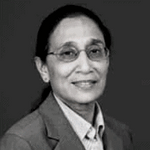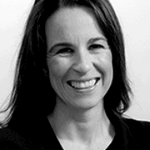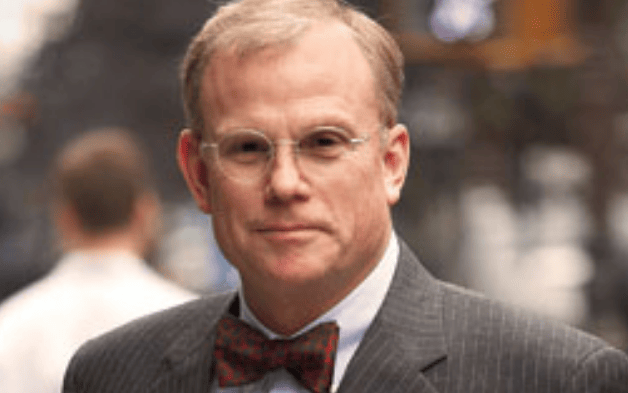The extreme uncertainty of the global economy requires a new risk management framework. This session will examine the rapidly changing risks to the global economy and the need for new ways of behaving, making decisions and even reversing decisions.
Lakshmi Shyam-Sunder was appointed vice president and World Bank Group chief risk officer in February 2014. She was previously chief financial officer and director, finance and risk at the Multilateral Investment Guarantee Agency (MIGA), the political risk insurance and credit enhancement arm of the World Bank Group. Shyam-Sunder was one of the key contributors to the MIGA/IBRD Exposure Exchange Agreement within the Bank Group, and was responsible for strengthening and enhancing the finance, risk, resource management, IT, and control functions in MIGA. Prior to joining MIGA in March 2011, she worked at the International Finance Corporation (IFC), also part of the World Bank Group, where she held a variety of positions. As director for corporate risk, she led the development of a new client risk management advisory service function for IFC clients and the creation of the International Financial Institutions Risk Data Consortium. Before that Shyam-Sunder was director of IFC’s risk management and financial policy department where she developed IFC’s integrated economic capital and pricing framework, and had responsibility for all financial risks arising from the corporation’s loan and equity investments in emerging markets, and Treasury activities as well as managing rating-agency issues. She was also co-chair of IFC’s new products assessment group. Shyam-Sunder has consulted for a wide range of public and private sector institutions in the US and in emerging markets. She has also served on the board, and finance and risk committees of institutions in emerging markets. Before joining IFC, Shyam-Sunder was a faculty member at the MIT Sloan School of Management where she received an award for Excellence in Teaching. Shyam-Sunder was also on the faculty of The Tuck School of Business Administration at Dartmouth College. She holds a Ph.D. in Finance from the MIT Sloan School of Management and an MBA from the Indian Institute of Management, Ahmedabad. Shyam-Sunder was born in Iraq, and grew up in India. She is married and has one daughter.
Amanda White is responsible for the content across all Conexus Financial’s institutional media and events. In addition to being the editor of Top1000funds.com, she is responsible for directing the global bi-annual Fiduciary Investors Symposium which challenges global investors on investment best practice and aims to place the responsibilities of investors in wider societal, and political contexts. She holds a Bachelor of Economics and a Masters of Art in Journalism and has been an investment journalist for more than 25 years. She is currently a fellow in the Finance Leaders Fellowship at the Aspen Institute. The two-year program seeks to develop the next generation of responsible, community-spirited leaders in the global finance industry.
Key takeaways
- We need to think far more broadly beyond simply financial risk, our view of risk must not be one dimensional. The crisis helps us learn and get better at modelling interconnected risks. Bigger, broader risks are interconnected and require increased collaboration to mitigate. Even if we are sitting on the fence and maintaining investment positions, risk has gone up.
- The pandemic has turned our lives not inside out, but ‘outside in’. Rather than shut down, we should ask ourselves ‘what can we do to help the situation?’
- We are in the deepest recession since World War 2, and it is completely synchronised across the world. If a vaccine is not available, the World Bank forecasts the global economy will shrink by 8 per cent.
- The pandemic has set The World Bank back in its aim to help alleviate poverty – 170 million people will remain in poverty due to the pandemic with an income of below $2 per day.
- The challenging environment is exacerbated by intergenerational and geopolitical tensions. Key question is how to exit from the pandemic stimulus measures.
- Green bonds for example are a heartening development from the financial community.
- Institutional investors are considering more non-financial risks and are engaging more deeply with investee companies. If we do this right it will mitigate, not exacerbate the issue.
Poll results
Have you changed your attitude to risk taking because of the recent onset of unforeseeable risks including this current health pandemic?




